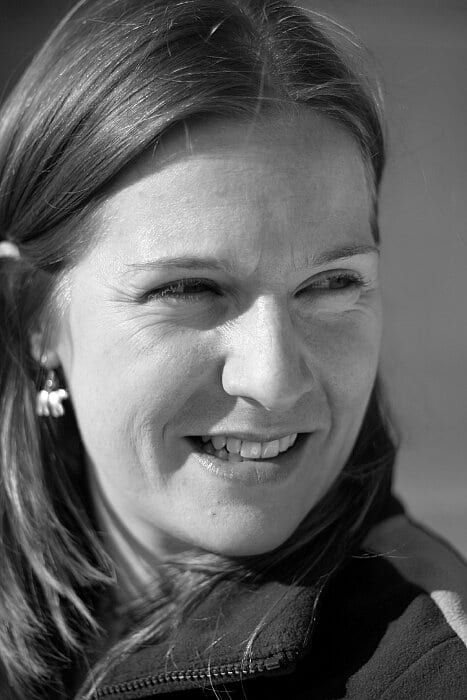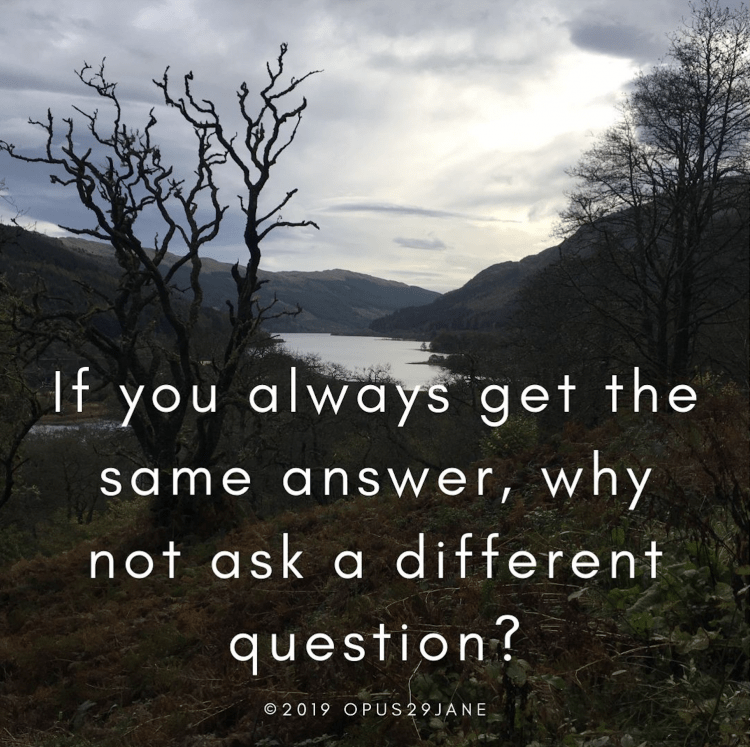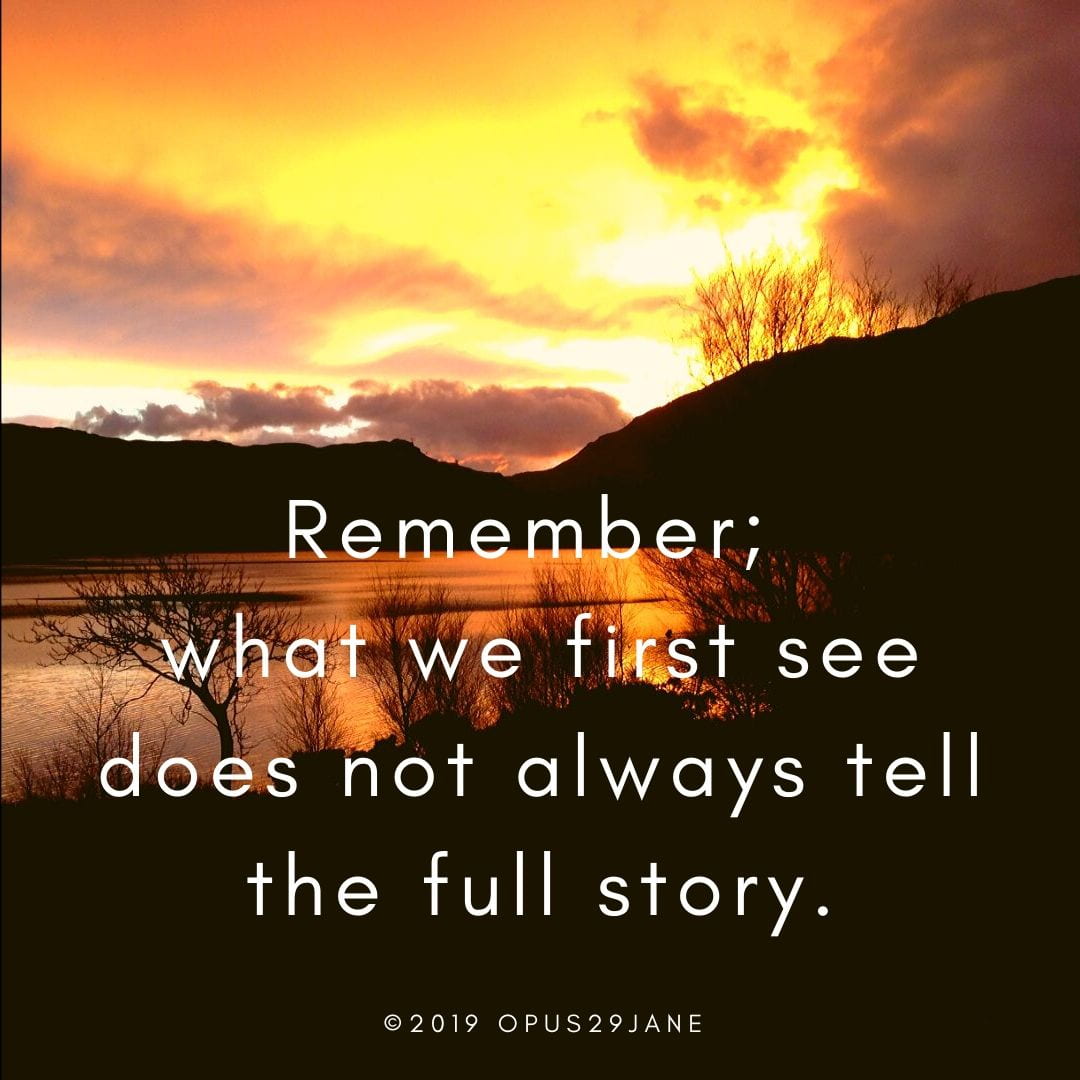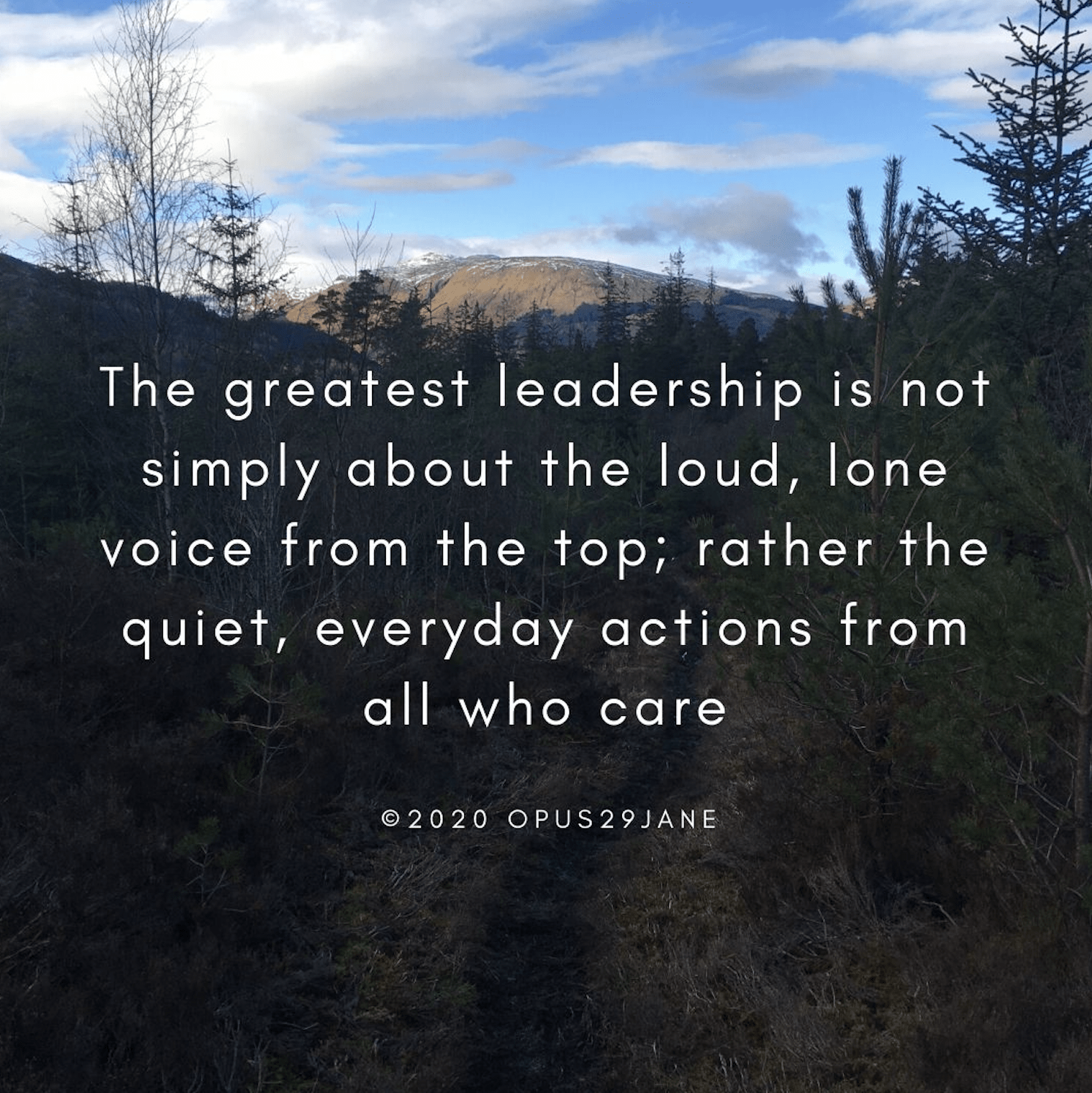 By Dr. Jane Booth (Leader, Change Agent, Chaser of Dreams; Founder Opus29)
By Dr. Jane Booth (Leader, Change Agent, Chaser of Dreams; Founder Opus29)
As human beings, we are naturally drawn to what we know, what we like and the things we feel most comfortable with. We are all shaped by our experiences and it is these experiences that provide our personal reference guides for navigating the world around us – physically, emotionally and spiritually The unconscious parts of our brain have evolved to keep us safe and enable us to act quickly at times we may be in danger or, in our modern world, feel under pressure. On one hand this allows us to make quick decisions and take decisive action, yet on the other this often sees us repeat familiar patterns or implement the same, comfortable solutions over and over again
Thomas Wedell-Wedellsborg (2017, online) offers this insight when reflecting on a perceived lack of innovation and creativity within the 21st Century corporate world:
“We tend to fall in love with solutions before we really understand the problem.”
I love the simplicity of this quote and how, for me, it connects the complexity of neuroscience with the reality of what I see across a range of sectors, situations and scenarios on a daily basis. I love how it helps me to appreciate the importance of taking time to see beyond the obvious, and most of all, I love how it allows me to bring creativity and imagination into conversations around leadership.
Let’s take a look at the very definition of leadership itself. Despite decades of research and an ever-growing field of leadership-related literature, a single definition of the concept remains elusive. As Bennis (2007, p.2) summarises, ‘…it is almost a cliché of the leadership literature that a single definition of leadership is lacking’. It is perhaps not surprising, therefore, that ‘the quest to explain leadership as a concept and practice has generated a complex web of theories and frameworks’ (O’Connell, 2014, p.183).
What arguably is surprising, though, is that even with this broadly acknowledged open-ness as to what ‘leadership’ actually is and how it should be singly defined, the general societal perception is that leaders are people with power, influence and authority who sit at the top of organisations, communities and/or structures and ‘lead’ from the top.
What if, though, we imagine a different interpretation of leadership?
Like Meyerson (2001) and her notion of the ‘tempered radical’, what if we lean away from the more traditional view of leadership as power and consider leadership as something that happens throughout an organisation/community or culture and stems from people who have passion, clarity and unwavering commitment to what they do and in what they believe?
What if we take a look beyond the obvious and open our minds as to what ‘leadership’ could be rather than what society tells us it should be?
Great leadership, for me, is everywhere. I think about all the ‘great people’ who have had a positive influence on my life and supported me when I needed someone in my corner; friends, colleagues, teachers, sport coaches, team-mates…many of whom would never, to this day, consider themselves to be ‘leadership material. And yet…each one of them made a lasting impression on me as they breathed kindness, care compassion and often love into my world.
I knew they cared and I knew they trusted me to follow my curiosity and see where it took me. I knew that they would celebrate with me when I succeeded and, even more importantly, would show me how to learn from the times when things did not go according to plan.
That, for me, is everyday leadership [1]. Leadership re-imagined and looked at through a lens of curiosity, imagination and hope. Leadership that helps us all to see our place in the world a little differently. Leadership that see us all believing that we can make a difference to the people in our orbit. Leadership that goes beyond the obvious by asking ‘what if?’ and ‘what else’? rather than ‘this is’ and ‘you aren’t’.
What problem will you solve if you stop yourself falling in love with that first solution?
Notes
[1] The concept of ‘everyday leadership’ has been developed from my PhD research into leadership and change in sport coaching systems in the UK: Walters, J.L. (2020). ‘I am what I am’: Narratives of effective change leadership in UK sport coaching systems. Unpublished PhD Thesis. University of Birmingham.
References
Bennis, W. (2007) The challenges of leadership in the modern world: Introduction to the special issue. American Psychologist, 62 (1): 2-5
Meyerson, D.E. (2001) Tempered Radicals: How People Use Difference To Inspire Change at Work. Boston, Massachusetts: Harvard Business School Press
O’Connell, P.K. (2014) A simplified framework for 21st century leader development. The Leadership Quarterly, 25: 183-203
Wedell-Wedellsborg, T. (2017). Are you solving the right problems? Harvard Business Review, January-February, 2017. Accessed online at https://hbr.org/2017/01/are-you-solving-the-right-problems



